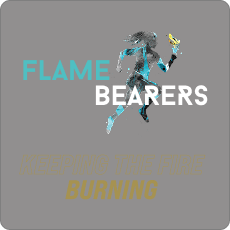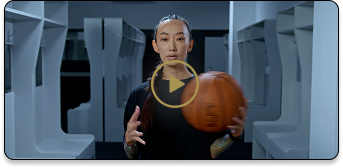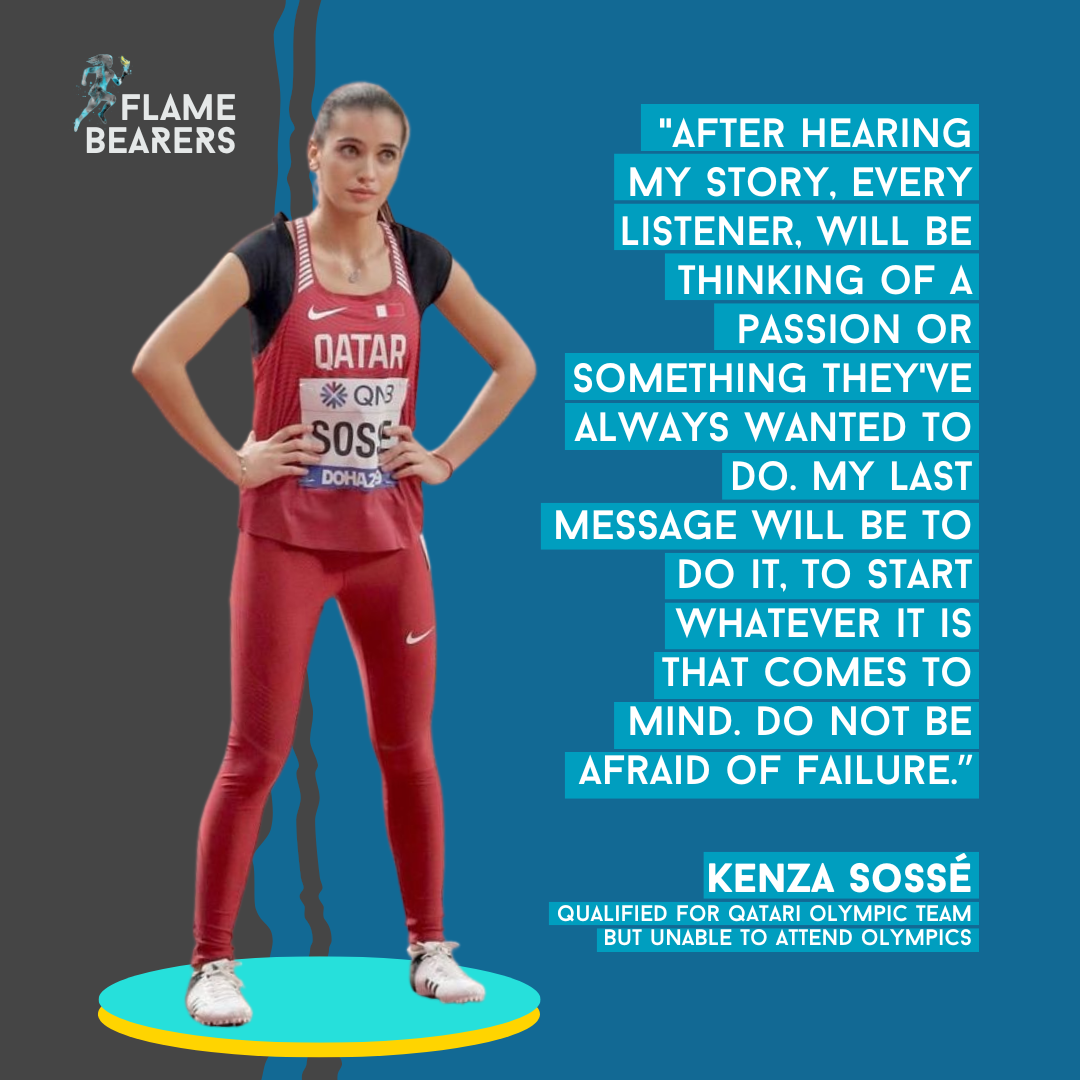23-year old Qatari track star Kenza Sossé, qualified for Tokyo, and then days before her flight to Japan, tested positive for COVID-19. After years training for the Olympics, she had watch from a room in Morocco. Her response? She “went back to training harder than ever.”
In today’s conversation, Kenza shares for the first time publicly about the pain of her Olympic dreams being deferred and how she has channeled her frustration into progress towards Paris. Kenza also shares about her commitment to the Arab Women’s Movement and common misconceptions about the Arab world including the idea that Arab women are always “in the kitchen, taking care of the babies.” Citing her two business startups and the book she wrote, she replies, “My babies are my businesses right now, my book and my sport. So if these count as my babies, then yes, I am a very typical Arab woman. ”
Production team’s favorite quote: “After hearing my story, every listener will be thinking of a passion or something they’ve always wanted to do. My last message will be to do it. To start whatever it is that comes to mind. Do not be afraid of failure.”
Contributing guests include Vanessa El Jammal (Kenza’s Best Friend) and Ghita Sossé (Kenza’s Sister).
Clips used from the following sources:
– n beats’ YouTube Channel, ‘Stadium Crowd Sound Effects | One Hour | HQ’



